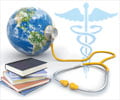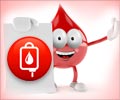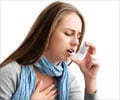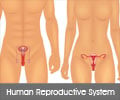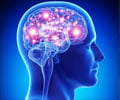Medindia adheres to strict ethical publishing standards in publishing to deliver content that is accurate, relevant, and current. We ensure the integrity of our materials by sourcing from authoritative sources including peer-reviewed journals, academic institutions, research organizations, medical associations and, in some cases, non-profit organizations. We welcome and value audience feedback as a part of our commitment to health literacy and informed decision-making.
- 1. Depressive disorder (depression)
- (https://www.who.int/news-room/fact-sheets/detail/depression)
- 2. Depression (major depressive disorder) - (https://www.mayoclinic.org/diseases-conditions/depression/symptoms-causes/syc-20356007)
- 3. Depression
- (https://my.clevelandclinic.org/health/diseases/9290-depression)
- 4. World Suicide Prevention Day
- (https://en.wikipedia.org/wiki/World_Suicide_Prevention_Day)
- 5. Suicide rate highest among teens and young adults
- (https://www.uclahealth.org/news/suicide-rate-highest-among-teens-and-young-adults)
- 6. Mental Health Disorder Statistics
- (https://www.hopkinsmedicine.org/health/wellness-and-prevention/mental-health-disorder-statistics)
- 7. What Is Depression?
- (https://www.psychiatry.org/patients-families/depression/what-is-depression)
- 8. Disability-adjusted life years (DALYs) (per 100 000 population) due to leptospirosis - (https://www.who.int/data/gho/indicator-metadata-registry/imr-details/4643)
- 9. Why is depression more prevalent in women? - (https://www.ncbi.nlm.nih.gov/pmc/articles/PMC4478054/)
- 10. What is depression? - (https://www.nimh.nih.gov/health/topics/depression)
- 11. Can Menopause Cause Depression?
- (https://www.hopkinsmedicine.org/health/wellness-and-prevention/can-menopause-cause-depression)
- 12. Selective serotonin reuptake inhibitors (SSRIs) - (https://www.mayoclinic.org/diseases-conditions/depression/in-depth/ssris/art-20044825)
- 13. About Depression - (https://my.clevelandclinic.org/health/diseases/9290-depression)















